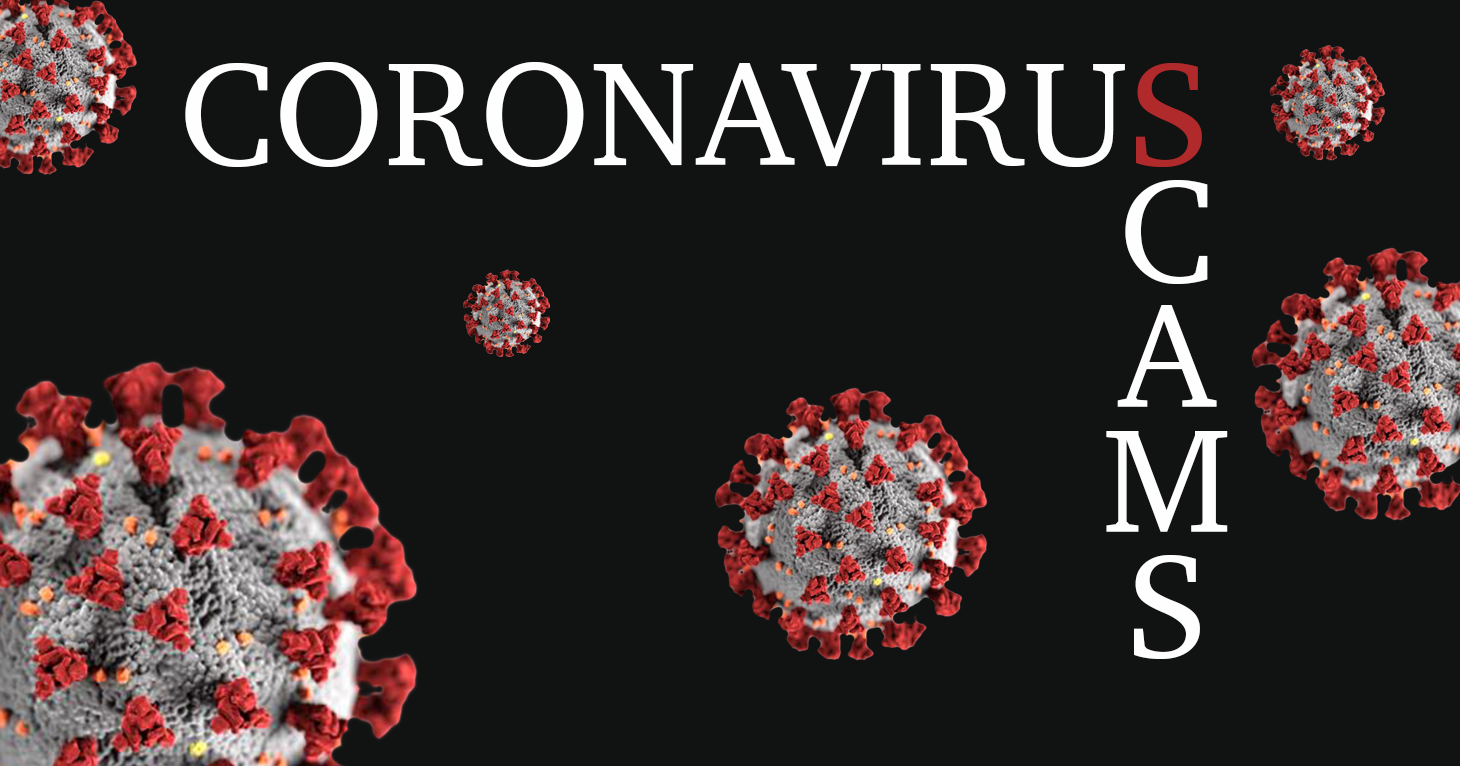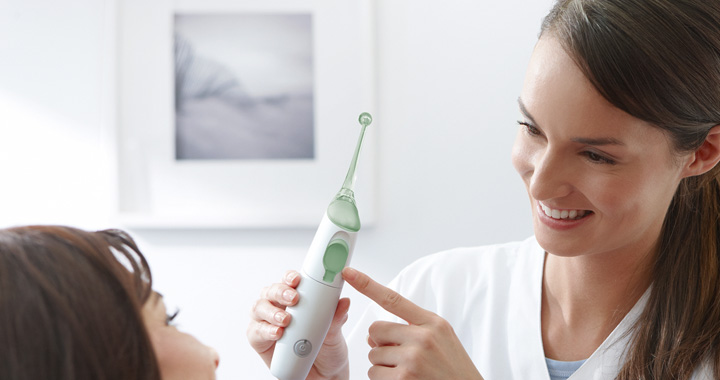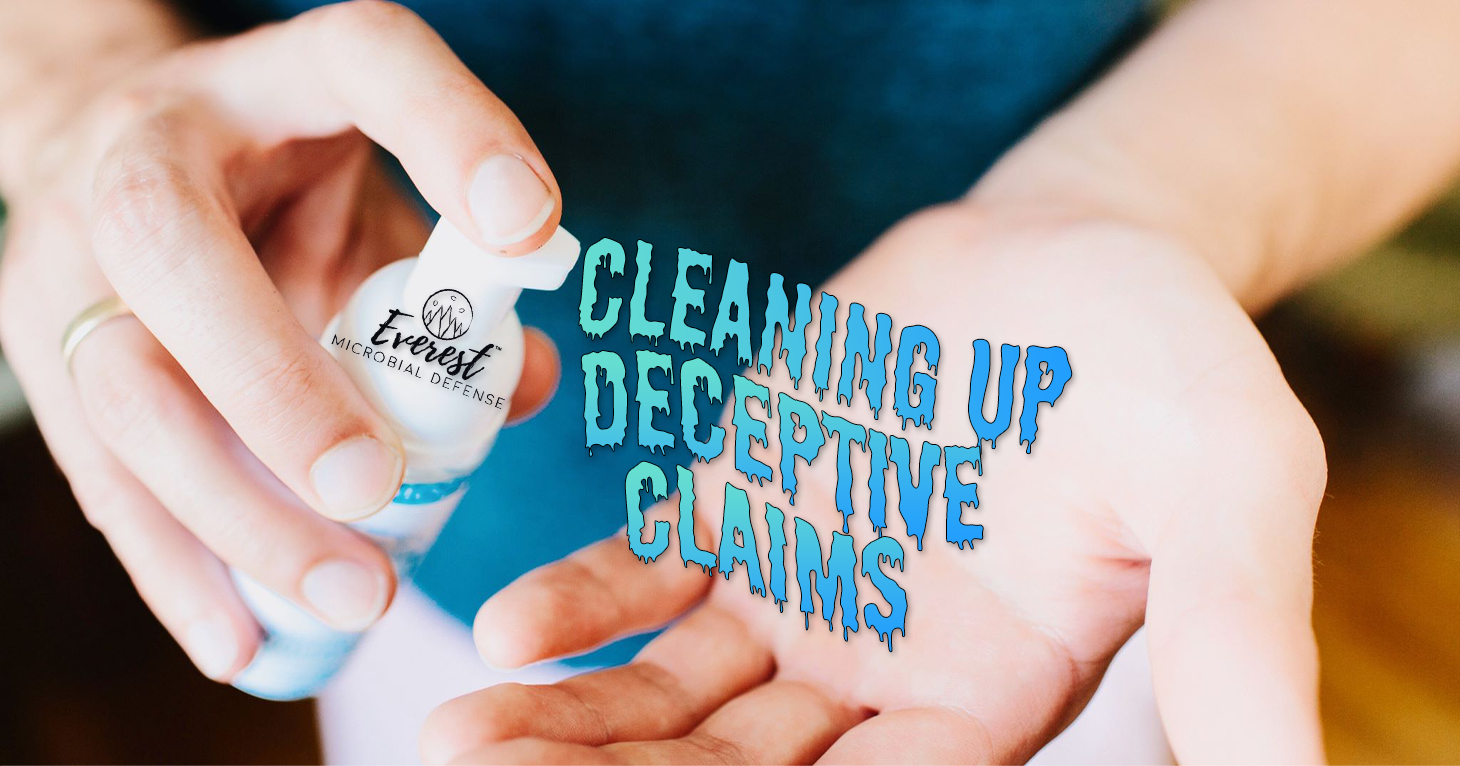
A Growing List of Coronavirus Scams
A master list of known and alleged scams.
Sonicare AirFloss settlement doesn’t adequately compensate consumers.
Taking aim at a class-action settlement that would give consumers a voucher to buy something from the same company they say falsely advertised its product, TINA.org filed a legal brief this week contending that the terms do not provide any meaningful benefit for consumers.
In its first (Latin for “friend of the courts.”) A person or organization that is not a party to a lawsuit but has a significant interest in the case and offers information that may be important to the court’s determination. brief, TINA.org said that the terms of the settlement agreement with Philips Oral Health Care Inc. and Philips Electronics North America Corp. provide inadequate compensation to consumers who spent more than $100 for a product that was advertised as an easy replacement for floss. The product, Sonicare AirFloss, actually cannot remove plaque between teeth the same way traditional dental floss can. But instead of giving consumers cash refunds, the settlement provides vouchers to purchase more Philips products. TINA.org said in its brief:
(T)he true beneficiary of this settlement is the defendant because Philips is not required to disgorge any of its ill-gotten gains; Philips is not enjoined from making the false marketing claims at issue; and Philips will reap the benefit of requiring Class Members to give it more business.
In filing the brief, TINA.org is taking on the issue of A settlement in a lawsuit that provides the plaintiff(s) with coupons or vouchers towards the purchase of another product or service from the company being sued, instead of providing the plaintiff(s) with cash refunds.s, which mostly benefit businesses that are the target of class actions. Redemption rates for settlement coupons and vouchers are extremely low. For example, in a 1994 case involving ITT Financial Corporation, only two coupons out of 96,754 were ever redeemed.
“Coupon settlements are never a true benefit to consumers,” said Bonnie Patten, executive director of TINA.org. “Consumers may not want to have to buy a product from a company that has deceived them. And, often the coupons come with stipulations that make it even more difficult and less likely consumers will redeem them.”
In the proposed Philips settlement, consumers would have to redeem the vouchers within 12 months. In previous cases with set time limits, less than two percent of consumers redeemed the coupons or vouchers during the allotted period. The FTC has also taken action against coupon settlements, filing briefs in several cases urging judges to reject them.
Follow TINA.org’s actions on the Philips case here.
UPDATE: Southern District of California Judge Marilyn Huff approved the settlement agreement Nov. 4 over TINA.org’s objections.
A master list of known and alleged scams.
Influencers tout the benefits of brushing with charcoal toothpaste. But do the products work?
Company had claimed the key ingredient in its “system of protection” was proven to “kill” the coronavirus.


